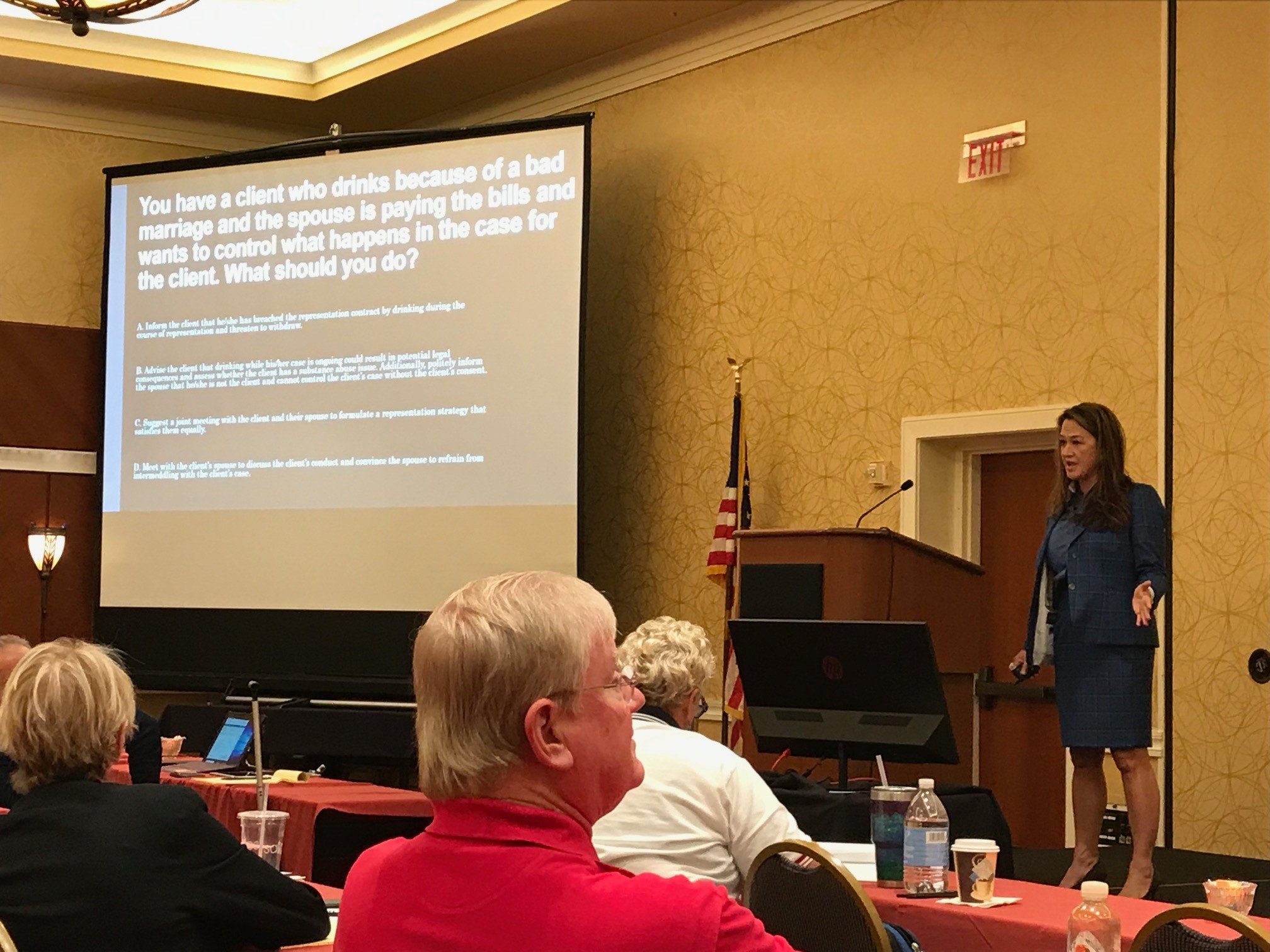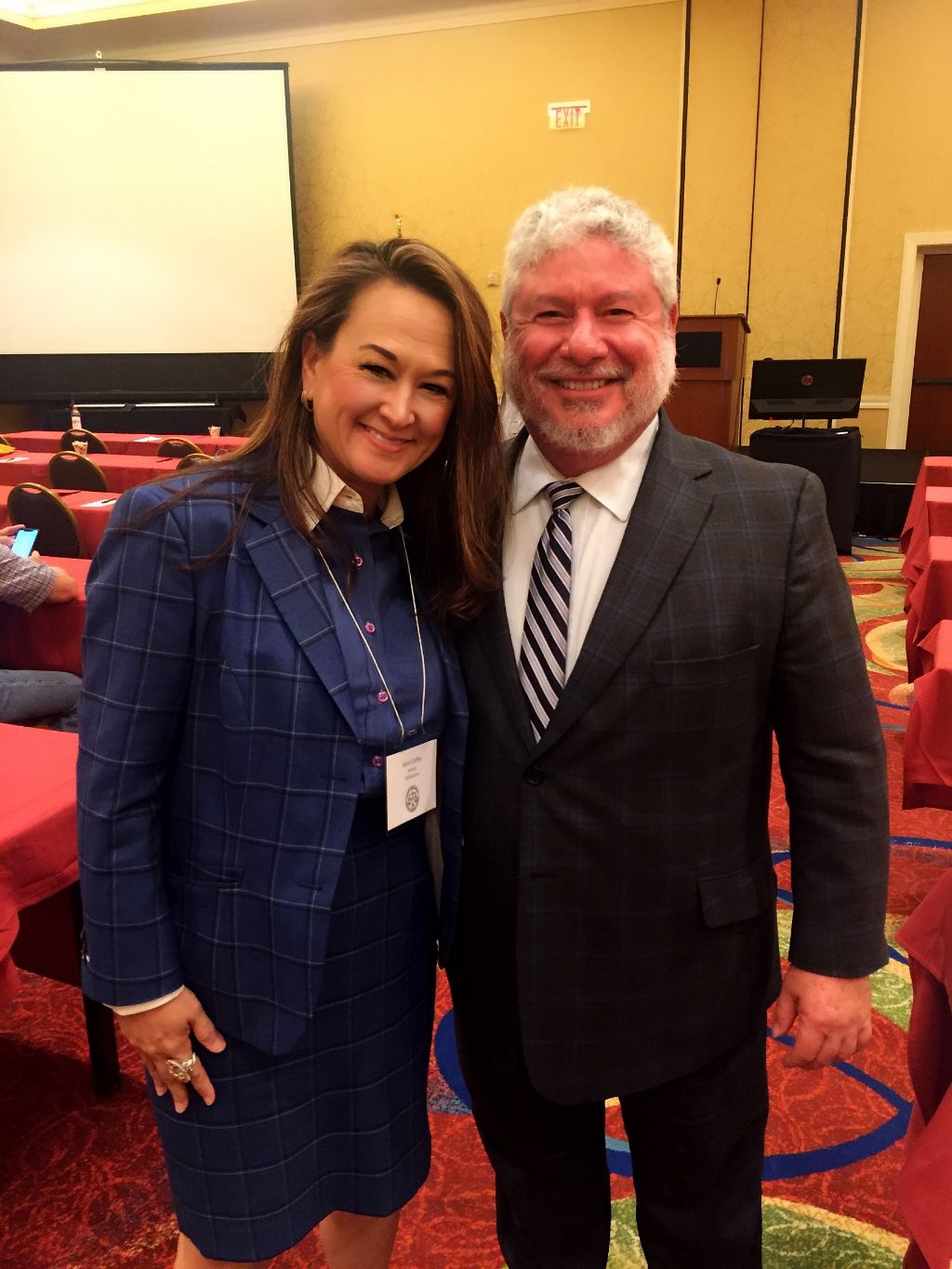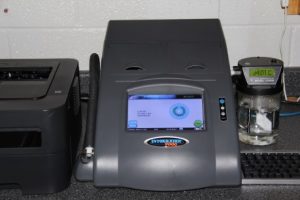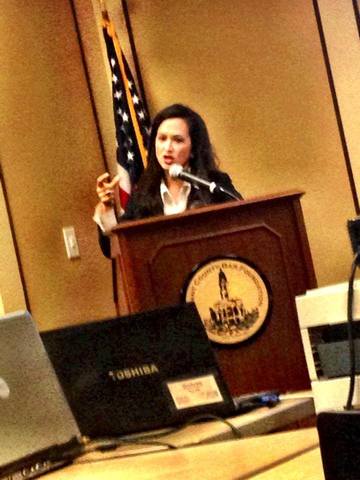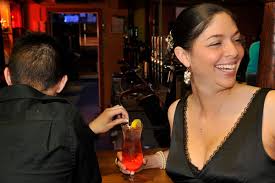A DWI by drugging – one’s worst nightmare….
“I no longer knew what was real and what wasn’t. The lines between reality and delusion had become so blurred.” ― A.B. Shepherd, The Beacon
This is what has happened to judges in courts across Texas when it comes to DWI charges. The government created the penal code to punish crime and thereby deter others from committing the same crime. Most crimes involve people making bad moral choices, choices that hurt others. Most crimes involve intent to commit the crime. The law recognizes we cannot punish people for actions they did not or could not have intended. That is why we have defenses that include mistake of fact, mistake of law, duress, entrapment, self defense, and necessity to name a few. Yet, Texas courts have rejected the defenses for involuntary intoxication.
How Texas treats involuntary intoxication
Texas addresses intoxication, the culpability state, in penal code §8.04 (a). Voluntary intoxication does not constitute a defense to the commission of crime. From this Texas courts have determined that DWI requires no intent to commit the crime. But, they have expounded on this principal to the non-logical extreme to preclude any defense to DWI. This is wrong, it ignores principals of actus reus and automatism. Getting “voluntarily intoxicated” can’t be a defense to DWI. The act of driving while intoxicated assumes intoxication. But what if your intoxication was NOT voluntary? what then? This is where the judicial delusions begin.
In Brown v. State, 2009 WL 3853859 (Tex. App.- Fort Worth, 2009, reh. Denied), the Court said an involuntary intoxication defense would NEVER be available in a DWI case as there is no intent to commit a DWI requisite to a conviction. Thus, since there is no mental culpability rule, all DWI scenarios are fair game for conviction. In Brown, the defendant had two drinks before bed, woke up and took Ambien instead of his blood pressure pills. The judge denied the jury from determining the issue of “involuntary intoxication.”
The highest appellate criminal court in Texas recently agreed with the Brown court outcome on similar facts in Farmer v. State, 411 S.W.3d 901 (Tex. Crim. App. 2013) where Farmer ingested an Ambien his wife set out in place of his normal pills. Here, the Court states that the argument of ‘voluntary act’ (lack of actus reus) was improper and that it should have been a defense of “involuntary intoxication” argued (which the Texas courts in countless decisions has stated does not exist) and gave no grounds of relief. Yes, legal running in circles to get the end result: a DWI conviction.
“Slipped a mickie” cases
Just as troubling are the “slipped a mickie” in the drink cases. In Bearden v. State, 2000 WL 19638 (Tex. App. –Houston [1st Dist.] 2000), the defendant testified that someone had slipped something in his drink. The court did not allow the jury to judge the credibility of the defense and its merits. The Court reasoned the legislature had not included a culpable mental state in the definition of DWI.
In McKinnon v. State, 709 S.W.2d 805 (Tex. App.-Fort Worth, 1986) with similar facts, the Court blamed the defendant. The judge disallowed the defense because she did not prove the who, what, and how of the drugging. This begs the dangerous reality that when people do have their drinks drugged, which is an unfortunate situation not all too uncommon, the perpetrators do not generally make neon light confessions to the act before, while or after they do it.
What is even more troubling, is that GHB leaves the body in less than 12 hours making it near impossible to prove drugging as the defendant is rarely bonded out in this time. Texas courts have also attempted to rule out in the “automatism” defense using the same flawed logic. In Nelson v. State, 149 S.W.3d 206 (Tex. App.-Fort Worth 2004), the court ruled that automatism, “engaging in what would otherwise be criminal conduct if done in a state of unconsciousness or semi-consciousness” falls within the insanity defense where it does not apply to DWI due to no mental state or intent being a part of the proscribed conduct. Thus in a convenient one fell swoop, the court rejects automatism without ever addressing its merits which has nothing to do with the insanity defense.
Other States
Although the insanity of MADD pressure on elected politicians has contributed to this type of agenda based decision making, other states have set great examples in the area of “involuntary intoxication.” California in People v. Holloway, 164 Cal. App. 4th (2008), declared “No sufficient reason can be given for punishing those who have become drunk through unavoidable accident, or through an honest mistake.” In this case the defendant was “sleep driving” due to a medication he took while unconscious due to its effects.
The Georgia Court of Appeals held in Colon v. State, 256 Ga. App. 505 (2002), a GHB poisoning case, the ultimate merit of an involuntary intoxication defense goes to the jury once the defendant has proven by a preponderance of the evidence the “involuntary intoxication must render the person incapable of distinguishing from right or wrong and must be attributable to consumption of a substance through excusable ignorance or the coercion, fraud, artifice, or contrivance of another.”
Thomas Jefferson said, “Experience hath shewn, that even under the best forms of government those entrusted with power have, in time, and by slow operations, perverted it into tyranny.” It does not take a law degree to know that prosecuting, much less convicting, someone of DWI who is a victim of drugging or taking the wrong medication violates all moral boundaries. Sure, where there is a question of whether the involuntary intoxication defense is legitimate is a question to decide on a case by case basis that should be left to the jury or trial judge for its merits.
Appellate Courts are Wrong to Twist Logic
For appellate courts to twist logic and legal semantics to prevent such defenses from its citizenry is wrong. DWI enforcement all the way up to the highest court in Texas has turned into a witch hunt when victims have no redress. It is time we get back to basic justice in the world of DWI. Mark Twain said, “Always do what is right. It will gratify half of mankind and astound the other”. Texas judges, bring back the involuntary intoxication defense, to do otherwise is no different than supporting corruption. The primary goal of DWI punishment is preventing victims. Yet, when those victims have become intoxicated through no reasonable fault of their own, Texas courts have turned their back. This is hypocrisy in the name of blind allegiance to zero tolerance not justice.
More about Mimi Coffey
When people look for a Top DWI Attorney or Best DWI Attorney, they look for experience, certification, and respect in the legal community. Mimi Coffey is a nationally-renowned trial attorney, board-certified in DWI by the NCDD. She has been practicing for over 24 years and is an author of multiple DWI Defense textbooks. She is also a national and state-wide lecturer on the law.
The Coffey Firm handles a wide variety of cases, including Unlawful Carrying Weapon (UCW), Assault (including family violence), Theft and Possession charges.
Mimi is also listed on several “top” directory listings such as DWI Lawyers for Wise County, DWI Lawyer Tarrant County, DWI Lawyer Dallas County, DWI Lawyer Collin County and DWI Lawyer Parker County. Mimi is a caring DWI Lawyer in DFW, She is also involved in the Texas Tech School of Law foundation and enjoys using the skills she has developed to give back to the community.
